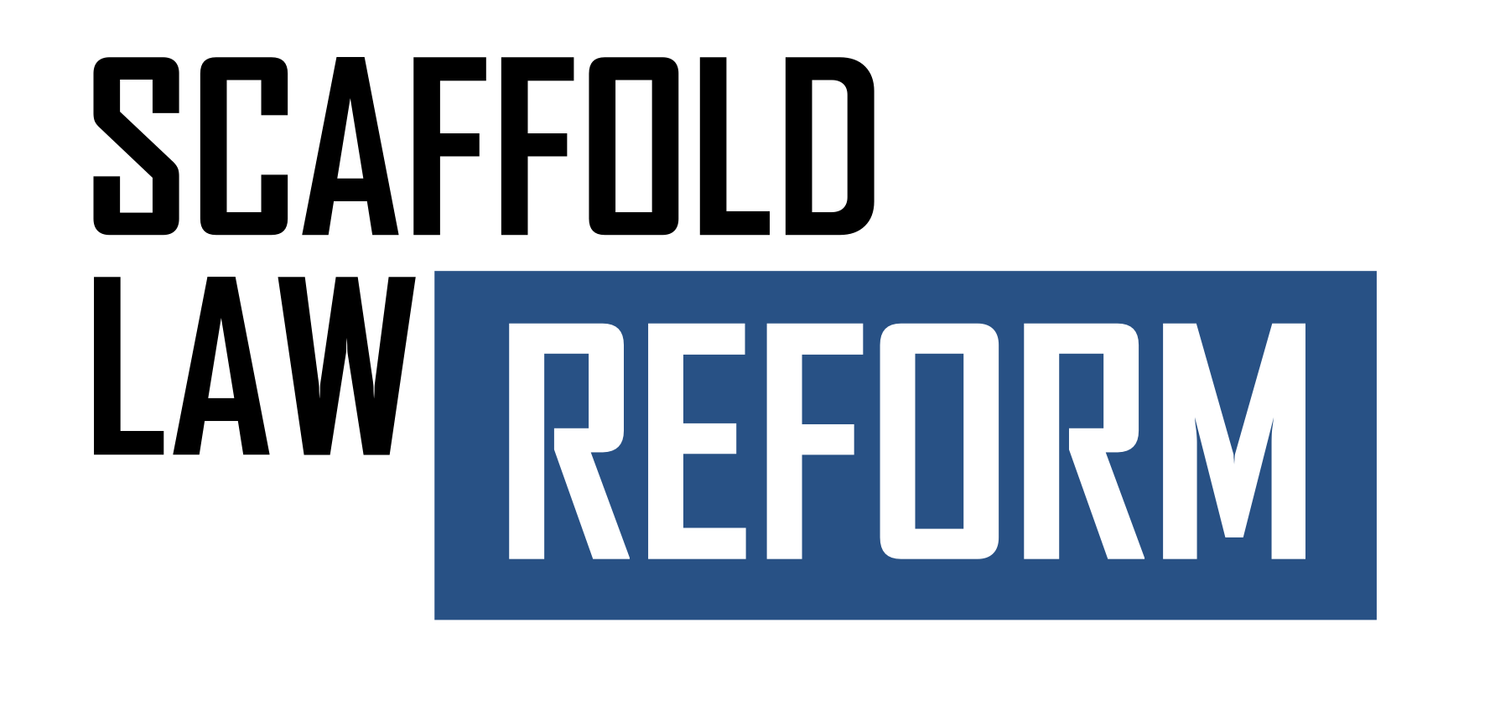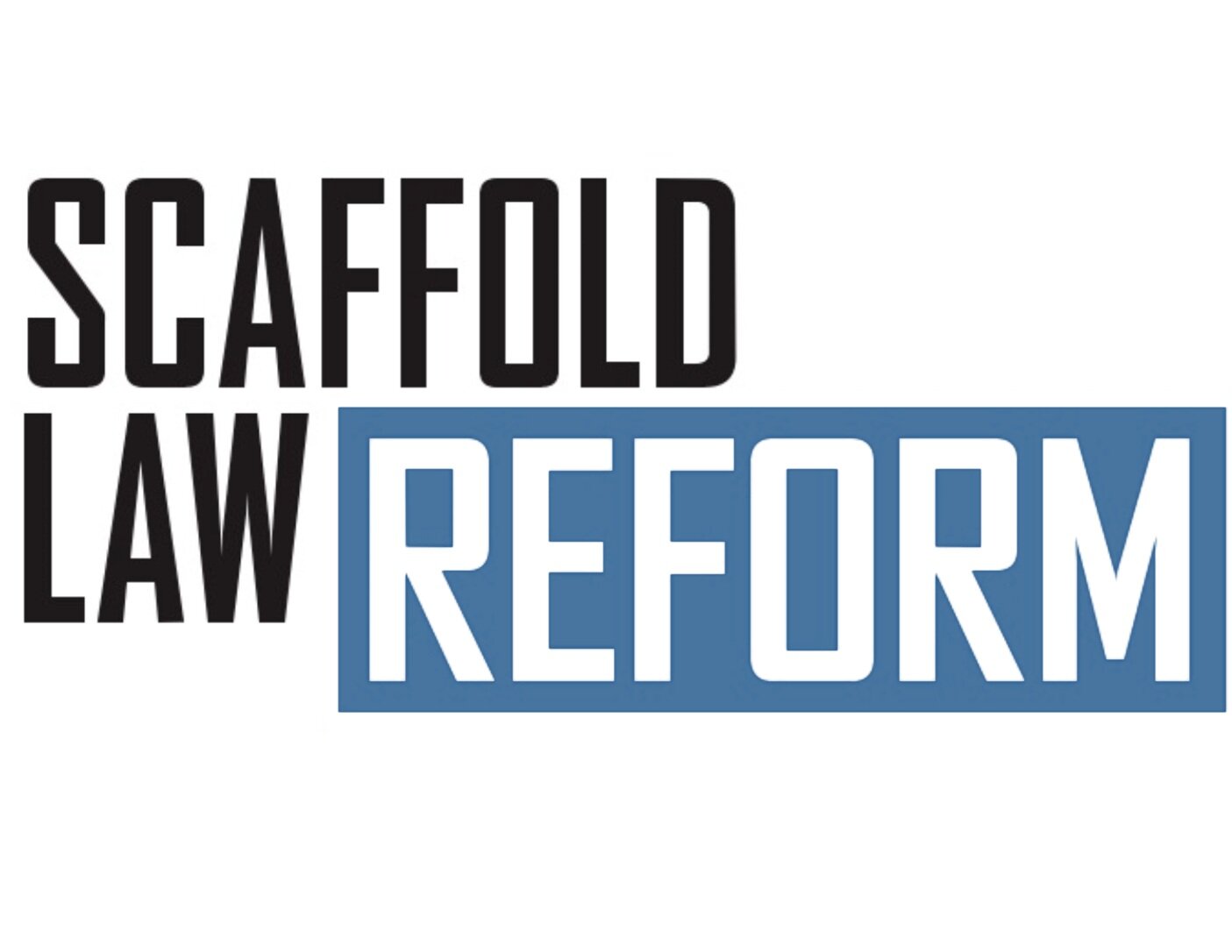To: Gov. Kathy Hochul, From: Long Island, Re: Wish list
Kathy Hochul, New York’s first female governor, knows Long Island well, local leaders say.
As Hochul took office on Tuesday in the wake of Gov. Andrew Cuomo’s resignation, local leaders shared with LIBN the goals they hope she will help achieve for the region.
The Long Island Association, for example, has “had a collaborative working relationship with Gov. Kathy Hochul during her entire tenure as lieutenant governor and we expect no change now that she has become New York’s first woman governor,” Matt Cohen, the organization’s president and CEO, told LIBN.
That’s the sentiment from many leaders who worked with Hochul. She’s chaired the Regional Economic Development Councils and became well-versed in the region, they said. Now leaders are keeping their focus on a number of issues that they are bringing to the attention of the new administration.
When Cohen was first named LIA president and CEO, “Hochul immediately reached out to me and came to my office to discuss how we can transform our regional challenges into economic development opportunities,” Cohen said.
Terri Alessi-Micelli, president of HIA-LI, said that “during her tenure as lieutenant governor, Gov. Hochul has been extremely supportive of HIA-LI and our members, and we appreciated this,” Alessi-Miceli said, adding Hochul “learned about our organization, and she worked with us to learn about the special challenges facing the Long Island business community.”
Those challenges now include the region’s “economic needs, past successes and failures,” Kyle Strober, executive director of Association for a Better Long Island, said. “It will be critical that Hochul remains pro-business while an insurgent group of New York City-based socialists who derailed Amazon’s HQ2 seek to pull her to the left.”
And, he said, “Hochul will be tested immediately by COVID-19. It is imperative that she jumpstart the stalled $2.3 billion emergency rental assistance program.”
“There are many issues on Gov. Hochul’s plate, but the health of New Yorkers and the readiness of our healthcare delivery system to battle COVID-19 and achieve equity of care has to be at the top,” Michael Dowling, president and CEO of Northwell Health, told LIBN.
Dowling said it was important that Hochul “support all efforts for providers to have continued flexibility to use their resources to address the rising number of hospitalizations and partner with the Department of Health to apply the lessons of the past 18 months to create a more durable, resilient and agile healthcare delivery system to equitably care for all New Yorkers.”
COVID’s economic impact weighs heavily.
“This past year, despite receiving billions from Washington, New York State raised taxes on its residents digging out of a pandemic-induced economic hole,” Strober said. “What must cease is tax-and-spend policies which are pushing our highest taxpayers out of New York while putting the burden on our middle class. Hochul should opt for pro-economic initiatives that are at no-cost to New York State, i.e.; self-certification and scaffold law reform.”
And Long Island’s downtowns are hurting.
This calls for “fast-tracking funds for small business that have been hurt by coronavirus restrictions” as well taking “a hard look at New York State regulations that make running a business untenable,” said Eric Alexander, director Vision Long Island and founder of LI Main Street Alliance.
And, he said, “We need continued expansion of wastewater treatment to improve water quality and grow our downtowns.”
“We want to make sure that Long Island gets its fair share of state dollars for economic development and business growth,” Alessi-Micelli said.
Phil Andrews, president of Long Island African American Chamber of Commerce, said he hopes Hochul would continue to “set the bar high for MWBE Utilization in New York State. The governor’s office is a powerful and influential office and has the power to support disadvantaged communities through its office of The Division of Minority and Women-Owned Business Development,” whose mission is to “promote equality of economic opportunities for Minority and Women-owned Business Enterprises and to eliminate barriers to their participation in state contracting.”
“The business community has been devastated by the negative impacts of Covid-19, especially small businesses which are resilient but still recovering,” Cohen said. “The state should continue to aid these business owners and their employees, connect them with the resources integral to their future viability and ensure that access to that support is equitable.”
Hochul should “keep her ear to the ground by listening to the heartbeat” of New York’s small business owners, Andrews said. “The pandemic has shown us the impact that the loss of small businesses has on New York State. I would recommend the governor go on a listening tour throughout the regions in New York State to hear directly from leading organizations.”
That includes infrastructure.
Hochul should sustain the state’s “robust infrastructure agenda, ensuring projects like the East Side Assess and LIRR Third Track are completed on time and work with federal and county officials to move forward regional transformative projects like the Oakdale Merge and Suffolk County sewer expansion,” Strober said.
Already familiar with Long Island’s “energy history,” Hochul “should provide our region with a more beneficial off-shore wind cost share and a path to a carbon-free grid with affordable costs to the ratepayers,” Strober said.
David Heymann, managing partner of Meltzer, Lippe, Goldstein & Breitstone, said that “as an employer of service industry business,” it was important that Hochul “understands that businesses today have a lot of flexibility as to where they and their employees are located.”
He pointed out that “providing reasonable incentives to keep businesses in New York, especially when competing with lower tax-rate states, serves to maintain employment opportunities in the state thereby increasing the talent pool from which we obtain our employees and generates greater revenue not only for the business and its employees, but other New York businesses who serve the employers and employees.
“The trend coming out of Albany to not be pro-business only results in businesses closing or relocating out of state, which exponentially reduces the tax base from the loss of these businesses and exacerbates the collateral damage to other businesses,” he added.
And with the region’s high cost of living, “affordability is a crisis situation on Long Island – Long Island cannot shoulder the burden of any new taxes or fees,” Cohen said.
That high cost of living “often puts homeownership out of reach for young professionals,” Cohen said. “We need a diversity of housing options and should further address other factors like the need for good paying jobs and viable child care to retain young people.”
We need initiatives that promote job creation, and that address the challenge of creating a viable talent pool on Long Island,” Alessi-Miceli said. The state needs to invest in programs that will help keep young professionals on Long Island.
“Our region needs to expand opportunities for affordable housing as a strategy for workforce retention and attraction,” Alessi-Miceli said.
“We need to cultivate innovation and entrepreneurship by leveraging our assets, including our world-class research facilities and academic institutions, highly-skilled workforce and cutting-edge businesses,” Cohen said.
“Long Island is known for its beautiful natural assets, and we need to continue to preserve our environment and lead the way with renewable energy – including making Long Island the offshore wind capital of the world,” Cohen said.
With an eye to the future, he said, “we look forward to partnering with Gov. Hochul for the benefit of all Long Islanders.”

